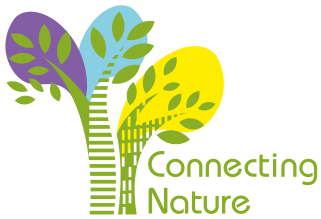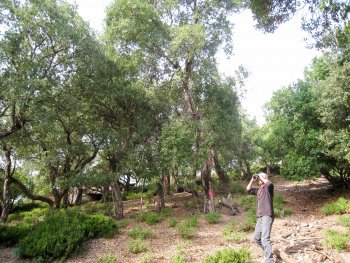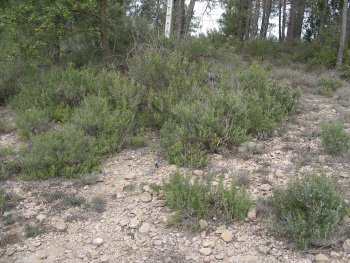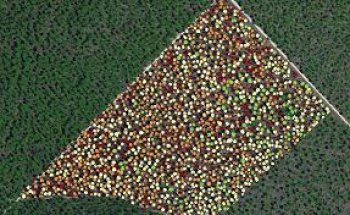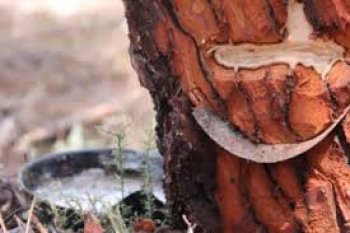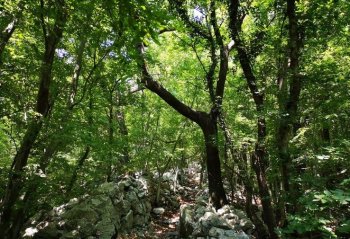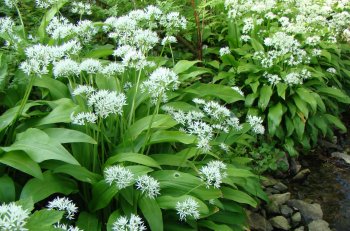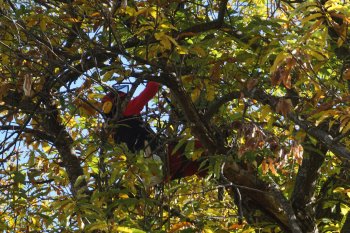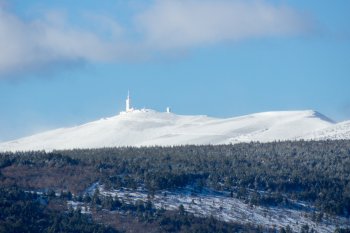First assessment of cork oak planting and natural regeneration trials in the PACA region
Submitted by FLORIAN GALINAT on 3 July 2020For more than 20 years, plantation and natural regeneration trials have been set up by the CRPF PACA in the Maures massif with the collaboration of volunteer forest owners. The age of some of the trials now makes it possible to obtain transferable results, to guide the management of areas favourable to the cork oak, to allow continuity of monitoring and to develop the setting up of new trials in a context of climate change to be considered.
